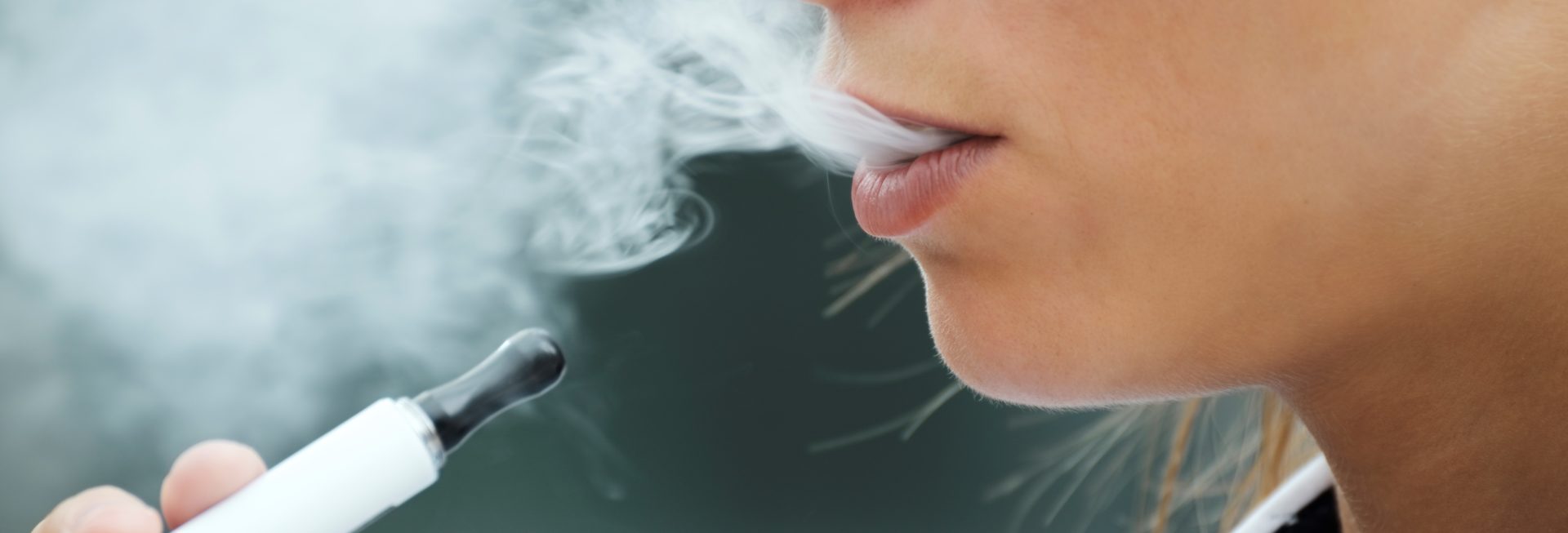Lung Foundation Australia welcomes the Therapeutic Goods Administration’s (TGA) decision clarifying that nicotine is an addictive and dangerous drug and notes the TGA has restricted the availability of certain nicotine products under the Poisons Standard.
When implemented, this decision will close loopholes that allowed importation of unregulated, dangerous liquid nicotine products into Australia.
In making its decision on nicotine, the TGA noted many matters, including that nicotine is no longer used in veterinary or agricultural products because of the availability of safer and more effective products.
Lung Foundation Australia CEO Mark Brooke says, “This decision is a significant step towards closing import loopholes, which have been exploited by the tobacco and vaping industry and others to bring in products containing unknown but addictive ingredients to sell to unsuspecting Australians.”
It is well-established that nicotine is an addictive drug and harmful to human health. Tobacco – whether chewed, smoked, or produced through vapour or aerosol (e-cigarettes) is a particularly efficient and effective vehicle for delivering nicotine. In fact, published research has determined that tobacco delivered nicotine is not only more toxic, but more addictive than nicotine in a pure form (e.g. nicotine replacement therapy). It is also widely acknowledged and documented that tobacco companies alter both the tobacco and nicotine used in their products to maximise the addictive properties.
“We note the TGA’s decision to ensure that all nicotine when prepared for use in e-cigarettes, e-juice, heat-not-burn tobacco products, chewing tobacco, snuff and other novel nicotine products must be prescribed by a medial practitioner. Medical practitioners understand the range of options available for smoking cessation and work to ensure that safe, proven methods are tailored for individual circumstances to ensure the best chance of ending nicotine addiction.”
The TGA, consistent with other authorities, noted that e-cigarettes are not an approved smoking cessation device in Australia, due to insufficient evidence.
“The makers of e-cigarettes have never made an application to the TGA to have e-cigarettes available to Australians as smoking cessation devices. Instead the makers of e-cigarettes seek to have their highly addictive product approved for sale to the general population. This is a well-known business model, not a health model.”
This decision ensures that liquid nicotine may only be imported through a medical practitioner, in exceptional circumstances, for short term use to help end a tobacco and nicotine addiction.
“We acknowledge the extreme difficulties people face when attempting to end nicotine addiction and we believe this decision upholds the health and dignity of the individual and protects the broader community from the harms of tobacco and nicotine addiction. In saying this, we have concerns about how this system will be implemented and welcome the TGA’s advice to allow some time for the development of professional standards and clinical guidelines to guide decision making by medical practitioners.”
To find out more about this decision, click here.

